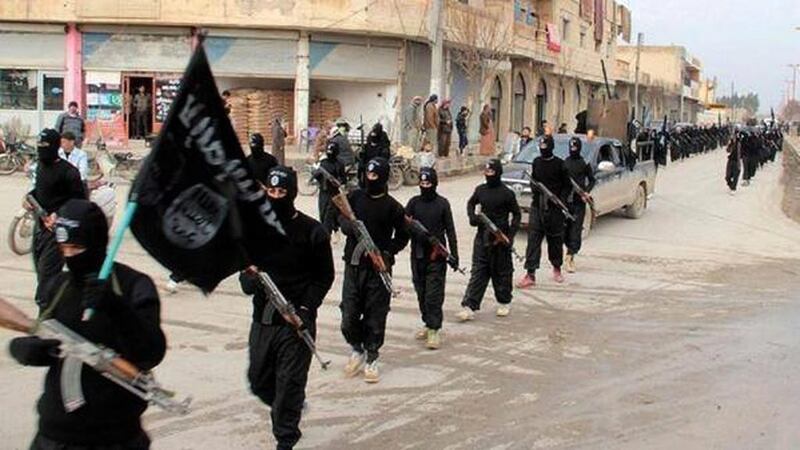The Islamic State (the group formerly known as the Islamic State of Iraq and the Levant, or ISIL) purports to be a resurrection of the old caliphate of Islam.
It is, in fact, the opposite. The period of the caliphs was one of interfaith harmony and tolerance. The Islamic State, on the other hand, is already creating a future of intra-faith intolerance and disharmony.
The Islamic State not only targets Shiites, it is ruthless with dissent among Sunnis as well. On June 12, almost a month before the inaugural address by the self-styled caliph Abu Bakr Al Baghdadi, 12 Sunni clerics were executed on the orders of the caliph. These included Mohammed Al Mansouri, the cleric who used to lead the prayers at the caliph’s mosque. His crime, shared by all those who were executed, was a call for moderation.
And yet, the successes of the Islamic State cannot be ignored, nor can the threat that it is likely to pose.
While it is important to understand why such movements have been “bought” by the public throughout history and in virtually all major religions, a more urgent requirement is to understand the impact of the Islamic State and what we need to do to minimise its risks.
Pakistan and Afghanistan share borders with Iran. Iran not only shares borders with Iraq but, despite the fact that both countries host a Shiite majority, it has an acrimonious history with that state as well.
Since the Islamic State is targeting Shiites, Iran is bound to be concerned. Pakistan hosts a large minority of Shiites. No one is certain of the numbers – the last census is decades old – but estimates of Pakistan’s Shiite population range from 26 million to 40 million. In either case, it is a sizeable proportion.
What is more, over the past two decades, sectarian violence that targets Shiites has been steadily increasing. This has frequently caused Iran to express its concern. Like Pakistan, incidents targeting Shiites have also risen in Afghanistan.
Both Pakistan and Afghanistan suffer from the same symptoms that have given rise to the Islamic State in the Middle East: rampant corruption, bad governance, poor democratic systems, a lack of accountability, and increasing anti-Americanism – these are only some factors in a long list of problems in both countries.
Under these circumstances, with dreams of a caliphate already on the rise, the Islamic State is bound to find some sympathisers in both countries.
Some factions of the Tehrik-i-Taliban (TTP) have already begun to lean towards the Islamic State in Pakistan and have expressed a desire to transfer their allegiance from Al Qaeda to the Islamic State.
Since the Afghan Taliban are more independently inclined, they are less likely to succumb to the lures of a caliphate. It is more likely that Pakistan, already at war with TTP-sponsored terrorists, will be the worst hit.
It is important for Pakistan to avert this looming threat and take steps to minimise its impact immediately. And it must do so quickly.
There are some organisations in Pakistan that have been trying to promote the cause of Shia-Sunni harmony. I know of two occasions in the Musharraf era when leading Sunni clerics attended the funerals of Shiites killed for sectarian causes and effectively defused the possibility of a violent reaction. Shiites responded in kind on a later occasion.
For years, Pakistan’s media has, wittingly or unwittingly, been promoting the TTP narrative. Some media personalities cultivated relations with senior TTP leaders so as to project themselves and the programmes they present.
Before the Islamic State gains more traction, we need to develop a counter narrative – one that will be “bought” by the public.
It should focus on the evil already visible in the acts of the Islamic State, the evil likely to flow from it in future. It should also focus on what the Islamic caliphates of yore stood for and why they were successful and respected across the religious divide. And it should explain why this foul effort to claim the heritage of those caliphs can only bring us trouble. This is the only way it can be denied and defeated.
To this end Pakistan should harness clerics of all major sects to discuss the afore-suggested narrative and sell it to all Muslims across the sectarian divide. They should explain that however ill-suited to their positions the present democratic leaders of Muslim-majority countries might be, they are far superior to the evil that the Islamic State and its leaders represent.
Brig Shaukat Qadir is a retired Pakistani infantry officer





